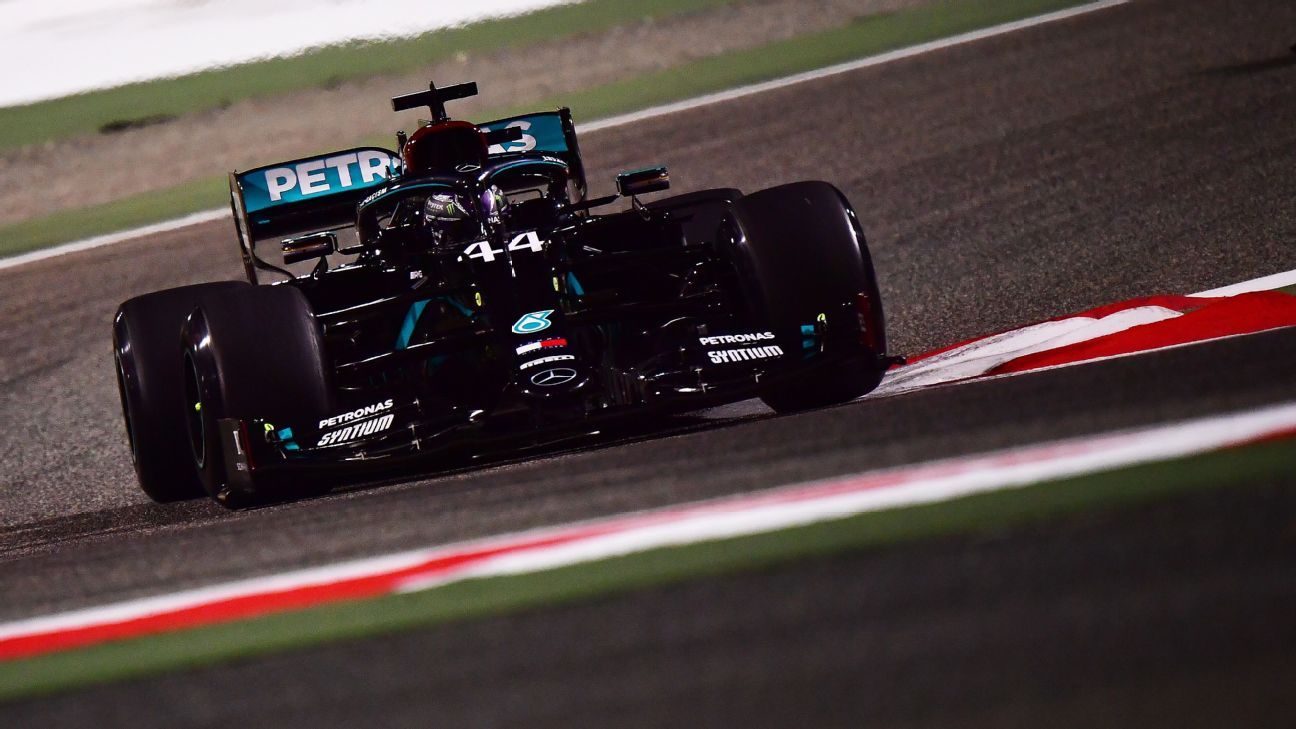Mercedes parent company Daimler has confirmed it never considered withdrawing from Formula One, despite rumours earlier this year that it was weighing up its options.
On Friday, Mercedes announced that chemical company Ineos had bought a third of its F1 team, bringing about a new ownership structure. Daimler reduced its shareholding in the team from 60 to 33.3 percent, but the team will continue to be run under the Mercedes name.
The announcement ended months of speculation about the future of Mercedes in F1 as well as its team principal, Toto Wolff, who now owns 33.3 percent of the team and has committed to a further three years in his role.
During an online press conference, Daimler chairman Ola Källenius said the board had never considered a complete withdrawal from the sport but did need the future of the team to hit four key targets.
“I know there was some speculation in the press, but we never seriously considered pulling out because it’s such a strong part of our heritage and we have a brand that was literally born on the race track,” Källenius said.
“But we did ask ourselves on the board, what are the pillars that make up [our participation in] Formula One beyond the emotional connection to the sport and how do we look at it from a rational point of view? We came up with four pillars that you need to answer, in our view, with a yes.
“The first is how is the show? Is the show good? And what about the fan base?
“What we have seen particularly seen in the latest year, particularly through social media, is an explosion in the reach and the best news is the younger fans are coming — so the 15 to 30 years old — through e-sports and through social media and through a great show — I don’t know a motorsport spectacle that is better than Formula One. So that was question number one answered with a yes.
“Two is that we have made a very clear commitment as Daimler and Mercedes to go into a CO2 neutral future. We have an ambition for 2039, we want to achieve a CO2 neutral position in three product life cycles, so within 20 years.
“There has to be a credible path towards sustainable motorsport as well and I have spoken to Greg Maffei [president of F1 parent company Liberty Media] about this, who very much agrees with it.
“We put out a manifesto to the team earlier this year of how we are going to take the Mercedes Formula One team towards CO2 neutrality, and technology is an important part of that.
“It’s a hybrid formula already today, I can see the electrical piece of it increasing and I can see it as a testing ground for lower carbon and no-carbon fuels that will play some role in the world going carbon neutral eventually. So can you credibly make the sport sustainable? I believe yes, and we are committed to it.
“The third thing was financial sustainability. The cost cap [in F1’s 2021 regulations] helps, we were an advocate for it, and it makes the economic proposition better, so I think we are ticking that box as well.
“And the fourth one is, does it always have to be a cost centre and can it be a sports franchise like a football club of an NFL team? We can see now that people are starting to look at this more like sport franchises.
“Getting a great and strong, professional partner that knows professional like Ineos into the picture, the fact that someone like Jim made the decision to join forces with us reinforces the fourth pillar and with those four pillars, to me the decision is clear, we are in.”
Källenius explained that the F1 team could start to turn a profit for Mercedes now that a $145 million budget cap has been introduced for 2021, but admitted engine development, which remains outside the cap, remains expensive.
“The economical proposition of Formula One is improving and with the cost cap coming in, turning the team into something that can start producing cashflow rather than consuming cashflow is very real. It feels tangible.
“On the power unit side that is not yet the case. Mercedes has been one of the drivers, even if we are one of the big teams from a growth point of view and with a bigger budget, we are one of the ones that has said let’s stay sensible.
“I’ve also been an active advocate of reducing cost and keeping things sensible. We’re not yet at a cashflow positive or zero from an overall point of view, but if you look at the media value and technical value that we get out of this sport, and I look at how little we spend net, it is already today a very attractive proposition and it is going to get better still.”
